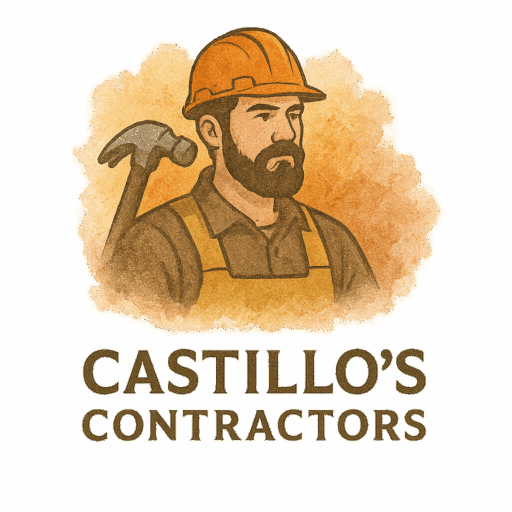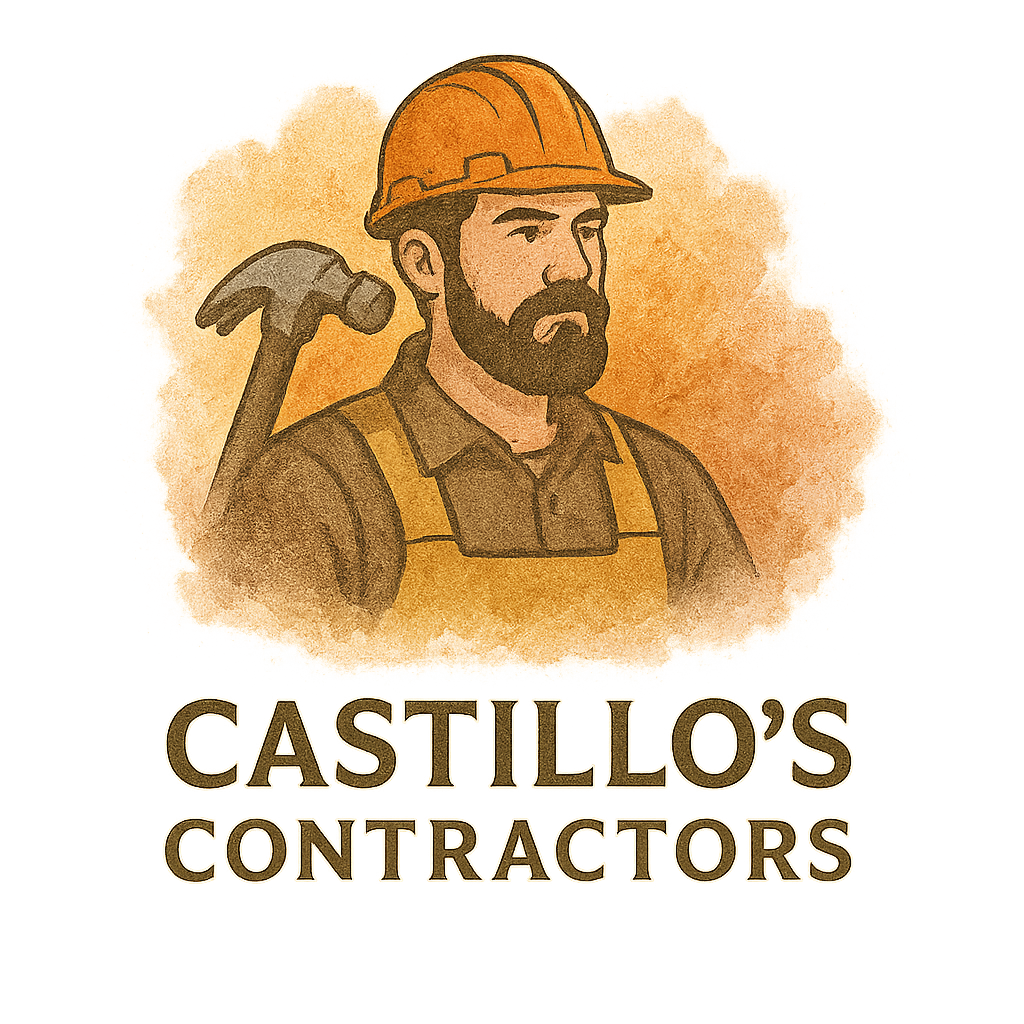Residential construction projects can feel overwhelming, especially if you’re diving into one for the first time. But here’s the thing: seasoned residential contractors have seen it all—and they have some golden advice to make your experience smoother, more affordable, and far less stressful.
Here are 10 things residential contractors want you to know before you jump into your next home improvement or renovation project.
Why Listening to Residential Contractors Matters
Let’s face it—unless you build homes for a living, chances are you don’t know everything about construction. That’s where residential contractors come in. They’re not just skilled with tools; they’re your guides through the maze of permits, budgeting, scheduling, and execution.
By trusting professionals like those at Castillo’s Contractors, you’re already halfway to a successful project.
1. Clear Communication Is Everything
Miscommunication = Mistakes
Ever played the game of telephone? That’s what happens when clients and contractors aren’t on the same page. A vague description can lead to a tile wall instead of hardwood flooring.
Ask Questions Early
Don’t be shy! Ask what materials are being used. Ask how long things will take. The more you ask, the fewer surprises later.
Explore more tips in the Hiring & Management section of Castillo’s Contractors to guide your conversations.
2. Permits Aren’t Just Bureaucracy
They Protect You Legally
Skipping permits might seem like a way to save time, but it can lead to massive headaches later. You could even face fines or be forced to undo work.
Inspections Matter
These checks make sure everything is up to code and safe—not just for you, but for future buyers too. For more on this, check out Construction Tips that walk you through legalities and compliance.
3. Your Budget Needs a Buffer
Hidden Costs Pop Up
That old plumbing? Rotten beams? They weren’t on the original estimate, but now they’re a problem.
Be Realistic From the Start
Add a 10–20% buffer to your budget for unexpected issues. It’s better to plan for the worst and be pleasantly surprised when things go smoothly.
Learn how to prepare a realistic budget on the Remodeling & Renovation blog.

4. Timelines Can Shift
Weather and Materials Can Delay Work
Even with a solid plan, Mother Nature and supply chain issues can throw a wrench in the works.
Good Contractors Won’t Rush the Job
Quality takes time. Rushed jobs lead to poor results and costly redos. Always choose reliable professionals like those listed on our Residential Contractors page.
5. Design Changes Cost Time and Money
Change Orders Explained
A change order is basically saying, “Hey, let’s switch things up.” Sounds harmless, right? But each one requires time, paperwork, and maybe even new permits.
Have a Final Plan Before Starting
Use professional help to finalize your layout and finishes. Visit the Project Planning tag to get started.
6. DIY Isn’t Always Cheaper
Mistakes Cost More to Fix
YouTube tutorials make everything look easy, but poor drywall or plumbing can cost thousands to redo. Let the pros handle it.
Know When to Call the Pros
You don’t need to hire out painting a wall, but framing a new addition? Definitely call in the experts—preferably Reliable Contractors.
7. Not All Contractors Are Equal
Vet Before You Hire
Ask for references. Check reviews. Visit past projects if you can. Don’t be afraid to interview multiple contractors.
Look for Local, Trusted Names
Contractors who are well-known in the community often have reputations they want to protect. Castillo’s Contractors fits that mold. Start with their list of Expert Contractors.
8. Contractors Value Honesty Too
Let’s Talk Expectations
Be upfront about your timeline, budget, and vision. That way, everyone knows what’s possible.
No One Likes Last-Minute Surprises
Sudden changes or silence about key details can stall your whole project. Keep the lines open, just like they do at Hiring Contractors.
9. Your Input Shapes the Outcome
Collaboration Over Control
It’s your home—but it’s a contractor’s workspace. Work with them, not against them.
Decisions Drive the Process
Delays often happen because clients take too long to choose fixtures or paint colors. Bookmark Construction Tips to stay ahead of decisions.
10. We’re Partners, Not Just Hired Hands
Respect the Craft
Contractors aren’t just swinging hammers—they’re creating your dream space. Treating them like partners boosts morale and results.
Trust Brings Better Results
A little trust goes a long way. Give your contractor space to do their job well. For more advice, visit the Contractor Tips page.
Bringing It All Together: Choose Wisely
Why It Pays to Work With Reliable Pros
From the foundation to the final coat of paint, every part of your project matters. Hiring a reputable, experienced contractor ensures your vision comes to life—safely, beautifully, and on time.
Internal Resources to Help You Hire Right
Want more insights before picking your contractor?
Check out:
- Commercial Contractors
- Business Advice
- Home Improvement Tips
- Remodeling
- Renovation
- Flawless Build Guides
Conclusion
The truth is, the best residential projects happen when homeowners and contractors are aligned. Understanding what residential contractors want you to know helps you make smarter choices, avoid costly mistakes, and create the home of your dreams with confidence.
When you’re ready to get started, trust a team like Castillo’s Contractors—they know what it takes to deliver a flawless build.
FAQs
1. How do I choose the right residential contractor?
Start by checking reviews, asking for references, and reviewing past projects. Visit Castillo’s Residential Contractors for a vetted list.
2. Why is it important to get permits?
Permits protect you legally and ensure the work is up to code. Learn more from the Construction Tips section.
3. Can I manage a remodeling project myself?
It’s possible—but risky. Hiring experienced professionals ensures safety, compliance, and quality.
4. What should be included in a contractor agreement?
Timelines, materials, budget, payment schedule, and responsibilities. Always put everything in writing.
5. Why do timelines often change?
Delays from weather, shipping issues, or design changes are common. Build in buffer time to your schedule.
6. How much budget buffer should I allow?
Plan for at least 10–20% more than your base estimate to cover surprises.
7. Where can I find trusted advice on remodeling and renovation?
Browse Remodeling & Renovation for expert guidance and inspiration.


